Vietcombank said that a new form of fraud has recently appeared. Accordingly, scammers call, send text messages, Zalo... to persuade users to proactively open a non-physical debit card or apply for a credit card at the bank.
The user is then asked to provide card information and an OTP code sent to the phone number to link the card to a number of e-wallets. The scammer then links the user’s card to their e-wallet and appropriates the customer’s money by using the wallet to purchase goods and services.
This is a trick to lure users into issuing cards, steal card information to link e-wallets and appropriate money.

Although banks and financial companies continuously warn of new fraud schemes, many users still lose money in their accounts.
Some other commercial banks have warned of the trick of impersonating bank staff to offer support in setting up biometrics for customers in order to steal money. The reason is that there are still many account holders who have not set up biometrics for their banking applications.
In the latest warning, BIDV said that some subjects impersonated bank officers, contacted users through phone calls, text messages, made friends through social networks such as Zalo, Facebook... asking for personal information, bank account information, CCCD images and may also request video calls with the aim of collecting more of the user's face, voice, and gestures.
"The subject sends and requests users to access strange links to download and install applications that support biometric collection on mobile devices, in fact, downloading files containing malware and spyware to exploit more customer information. The subject logs in, appropriates money in bank accounts and uses users' information for bad purposes" - BIDV warned.
Another trick warned by MB is that criminals use social networks to impersonate bank employees or financial companies, posting advertisements for loans with low interest rates and quick procedures.
Then, create a fake image of the loan and ask the user to pay in advance many amounts such as application opening fee, insurance fee, to the designated account number to receive the disbursement. After transferring the money, the borrower does not receive the disbursement and cannot contact the subject...
To ensure safety and avoid losing money, banks recommend that users do not provide card information, do not share OTP codes with anyone; do not click on strange links or download applications at the request of strangers. Do not buy, sell, exchange, rent, or lend payment accounts or personal documents.
Users need to re-verify information when receiving notice or request from authorities, by contacting the phone numbers published on the website or going directly to the headquarters of the agencies to work.
Source: https://nld.com.vn/ngan-hang-canh-bao-them-nhieu-thu-doan-lua-dao-moi-19624073115252174.htm






![[Photo] Prime Minister Pham Minh Chinh receives President of Cuba's Latin American News Agency](/_next/image?url=https%3A%2F%2Fvphoto.vietnam.vn%2Fthumb%2F1200x675%2Fvietnam%2Fresource%2FIMAGE%2F2025%2F12%2F01%2F1764569497815_dsc-2890-jpg.webp&w=3840&q=75)
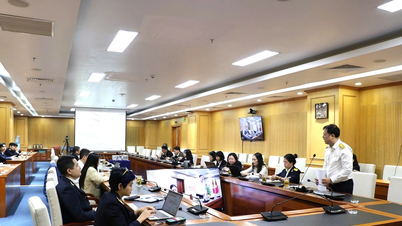


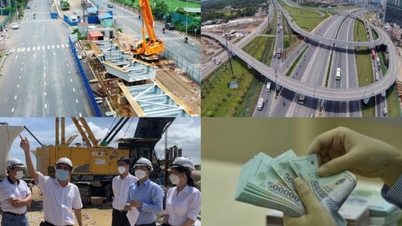

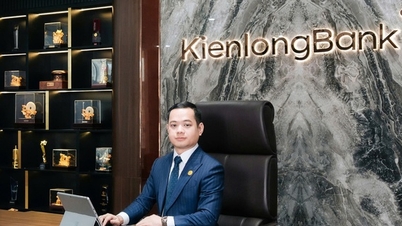

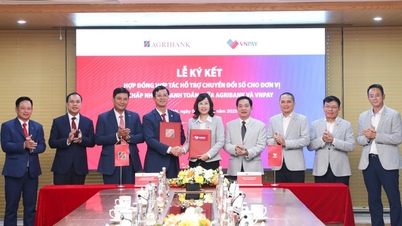





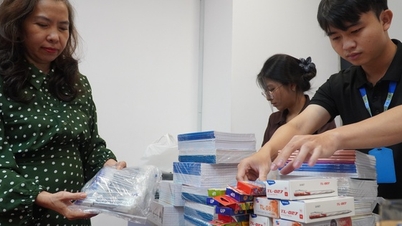



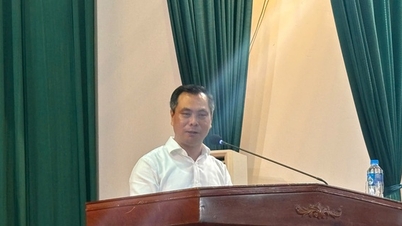














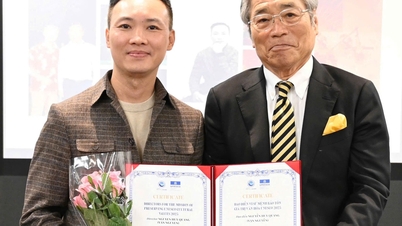



































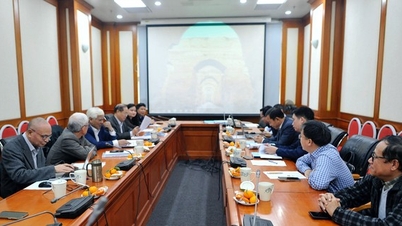
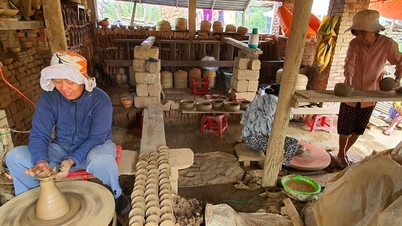




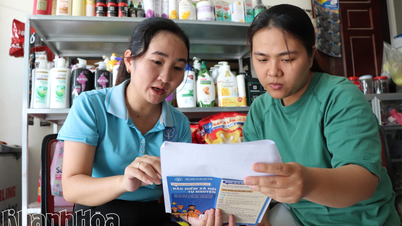



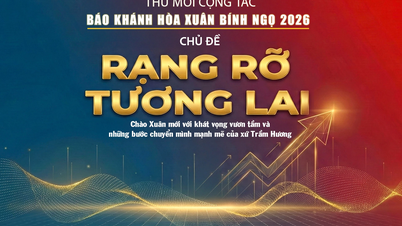












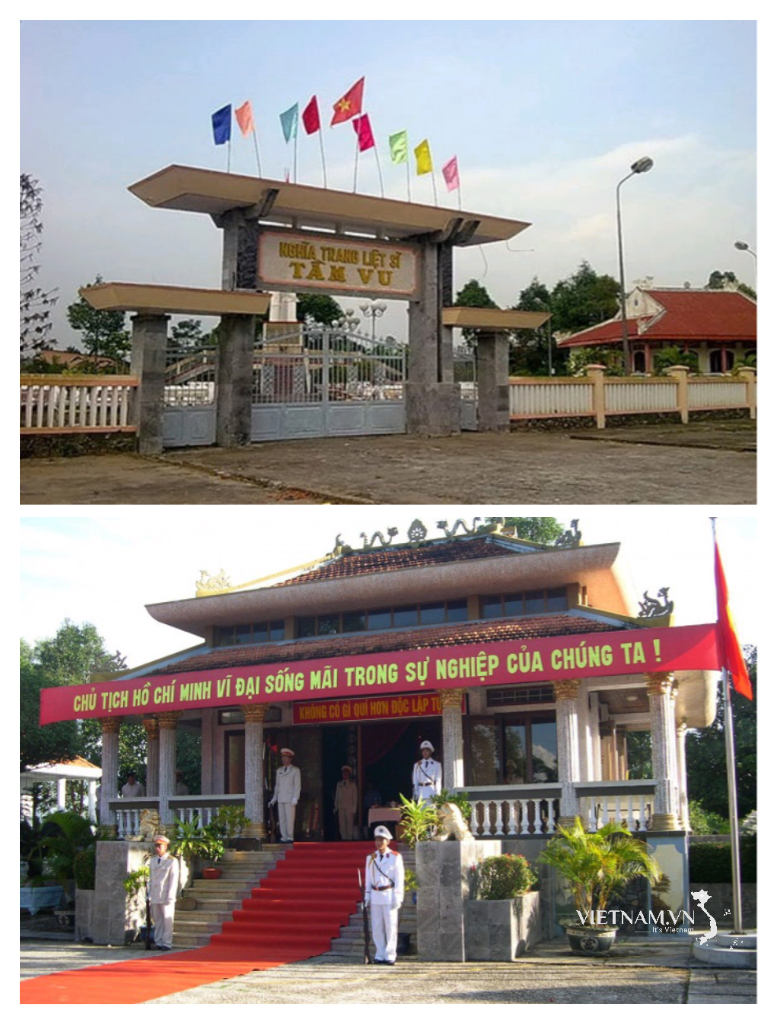


Comment (0)